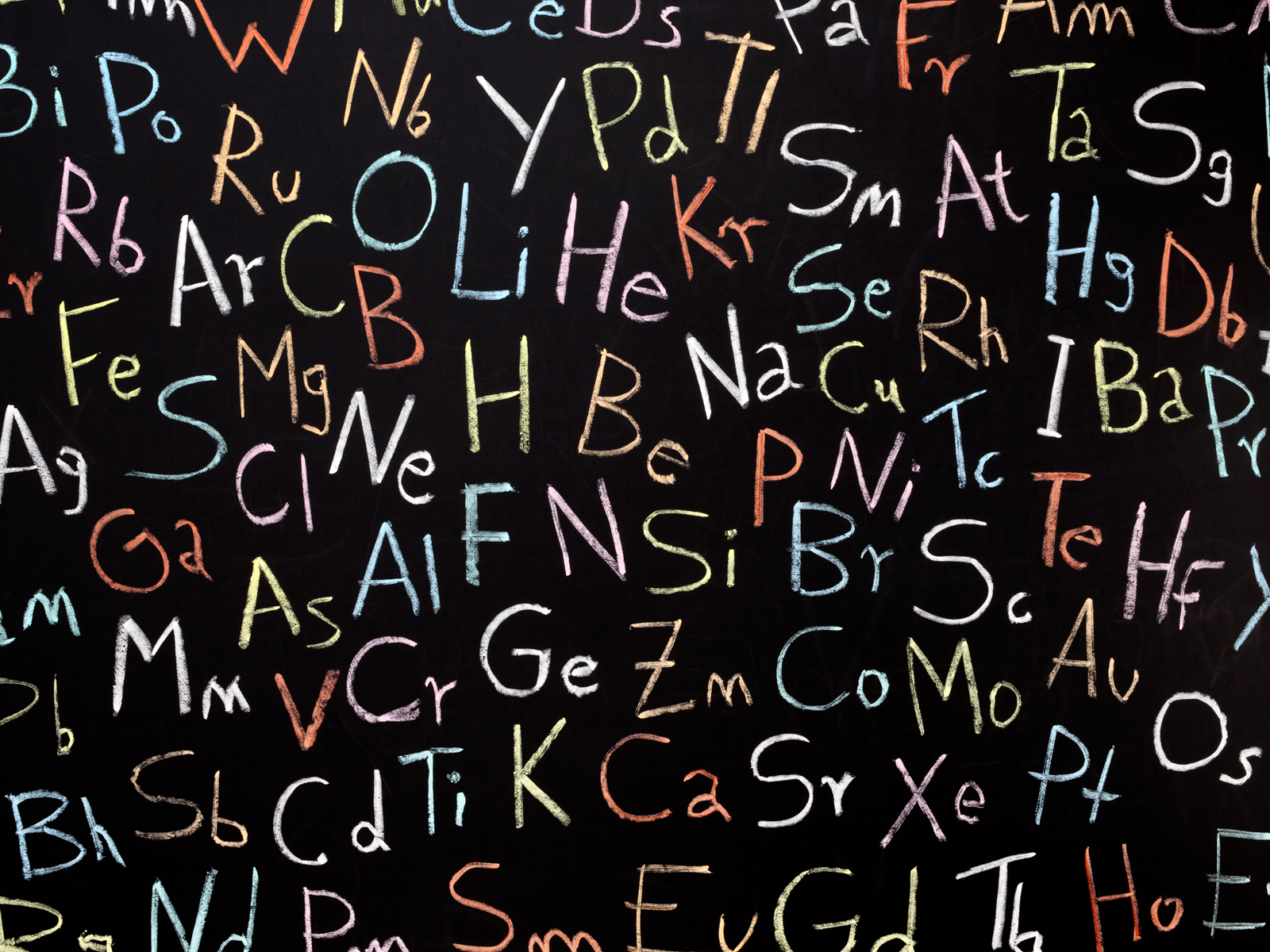Recognising excellence: prizes for a modern world
The way we recognise excellence is evolving – and you’ll see the first series of changes when our next round of prizes opens for nominations in November.
Each year, we proudly recognise excellence in the chemical sciences – but we need to make sure that the ways we reward and recognise modern scientific excellence are fit for today’s needs, and continue to deliver the maximum impact for chemical scientists, chemistry and society.
Last December we announced the biggest shake up of our prizes and awards portfolio for 150 years, following an independent review led by Professor Jeremy Sanders. We published the findings of our review in a report, entitled "Re-thinking recognition: Science prizes for the modern world".
This year we are excited to begin implementing the findings of that review – leading the way in evolving the ways that recognition takes place across the scientific community.
In November we are opening nominations for the next round of our recognition programme, and introducing the first of a series of changes. As we celebrate exciting advances in chemistry each year, these changes will bring to the fore the importance of teams and collaborations as well as the diversity of people and contributions that are important for 21st century science.
About the review
The reforms follow an independent review of the UUÂãÁÄÖ±²¥’s recognition programme – the first since 2008 – which was based on extensive consultation with the chemical sciences community. We heard views from more than 2,000 people via surveys, interviews and workshops.
The review also considered the literature on recognition, as well as data and perspectives captured from winners, judges, members, UUÂãÁÄÖ±²¥ staff, and the wider community.
As a result of the review, we committed to:
- Place more emphasis on great science, not just top professors; this includes teams, technicians and multidisciplinary collaborations.
- Give greater recognition to the people who teach chemistry and inspire the amazing scientists of the future
- Showcase leaders, regardless of their normal job or role, who go above and beyond to break down barriers in the chemical sciences and open up new and extraordinary opportunities in science
- Celebrate the scientific breakthroughs that transform our understanding of the world and solve major issues like climate change
- Set conduct expectations and revoke prizes when those expectations are not met
What did we do next?
Since publishing the review at the end of 2019, we have been working closely with our Trustees, Boards and Divisions – as well as our Inclusion & Diversity Committee – to create a refreshed recognition programme that aims to reward and recognise future generations of scientists – under a new, more modern definition of excellence.
It’s important that we always recognise the best science, whoever is behind it, which means that it’s essential to ensure everyone is included, whatever their background.
What is changing?
Horizon Prizes
One of the biggest changes this year is the introduction of our Horizon Prizes. These will highlight the most exciting, contemporary science at the cutting edge of research. These prizes are for teams or collaborations who are opening up new directions and possibilities in their field, through their ground-breaking research, innovations, or scientific developments.
They sit alongside our Research & Innovation Prizes, which celebrate brilliant individuals advancing the chemical sciences across academia and industry.
We’re also introducing the Horizon Prizes for Education. These prizes highlight recent ground-breaking initiatives that are set to make a real impact within the field of education. They could include teaching programmes or techniques, research breakthroughs, innovative technologies and more.
Expanding our Education Prizes
After listening to feedback from our audience, we are changing the timing of the Education Prizes so that nominations open in Spring, with winners being announced in the Autumn. This is to ensure that nominations are open at a convenient time for educators.
We have also considerably expanded our offering for educators. As well as the all-new Horizon Prizes for Education, you’ll notice that our Excellence in Education Prizes – which celebrate inspirational, innovative and dedicated people working at all levels of education – include several new prizes, in addition to some that you’ll recognise from previous years.
The biggest change is that we now offer prizes for everyone from primary level to higher education, and in any job role that has science education as its focus.
What is staying the same?
Our Research & Innovation Prizes include many prizes that you will recognise from previous years, and recognise individuals carrying out extraordinary work across academia and industry. They include prizes for those at different career stages in general chemistry and for those working in specific fields, as well as interdisciplinary prizes and prizes for those in specific roles.
The Inclusion & Diversity Prize is open again this year. This prize recognises a team or individual who has made an exceptional contribution to promoting and improving the accessibility, inclusivity and diversity of the chemical science community.
Our Volunteer Recognition Prizes are open as normal, celebrating the many ways in which our members go above and beyond to form communities and support and inspire others. They include team and individual prizes.
We are proud of the heritage and prestige of our awards programmes of the last couple of centuries, and our new online archive will ensure we continue to celebrate those people and achievements we have previously recognised.
What’s to come in 2021
The changes we’re introducing in November are just the beginning. We are developing plans to highlight and celebrate the exciting advances in chemistry that have a real-world impact – for example helping us improve our understanding of the world and tackling challenges such as climate change, energy and health.
We’re also developing a programme to showcase what leadership looks like – recognising leaders who go above and beyond to break down barriers and open new frontiers.
Find out more and nominate
Visit our gallery for in-depth profiles of each of this year’s winners, which we announced in June.
Keep an eye on our website for nominations opening in November. The open prize categories will be as follows:
- Research & Innovation Prizes
- Volunteer Recognition Prizes
- Inclusion & Diversity Prize
- Horizon Prizes
Watch this space for more information in 2021, and keep an eye out for our Education Prizes opening for nominations in the Spring.
Press office
- Tel:
- +44 (0) 20 7440 3351
- Email:
- Send us an email






